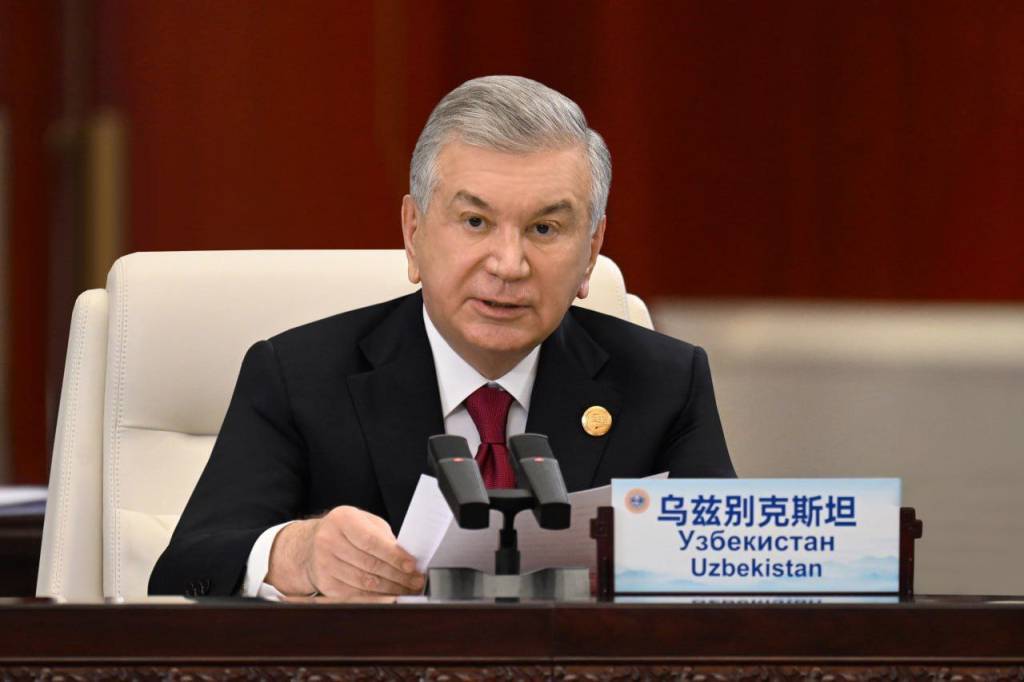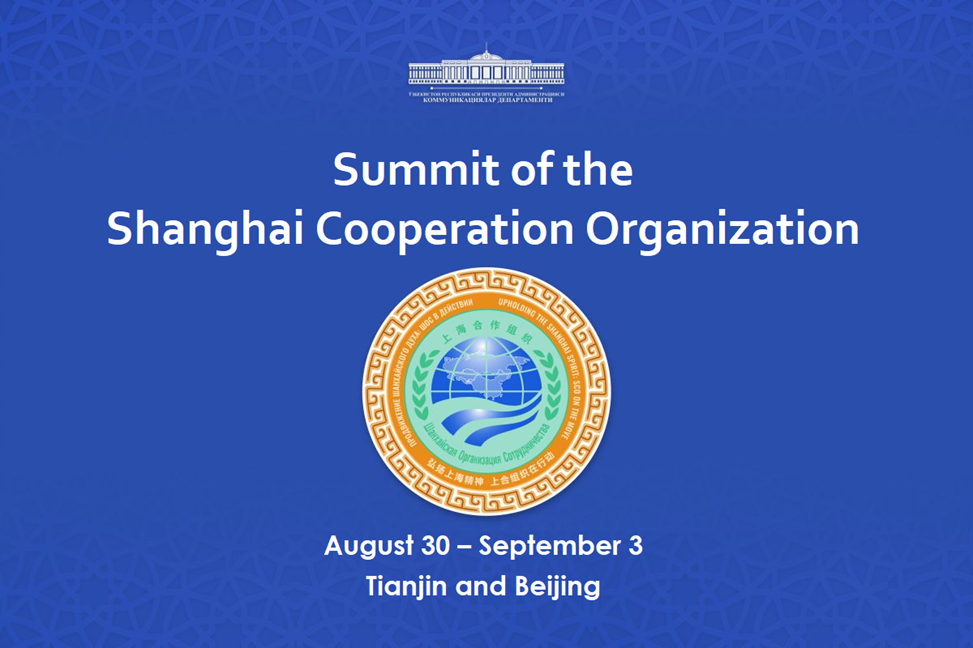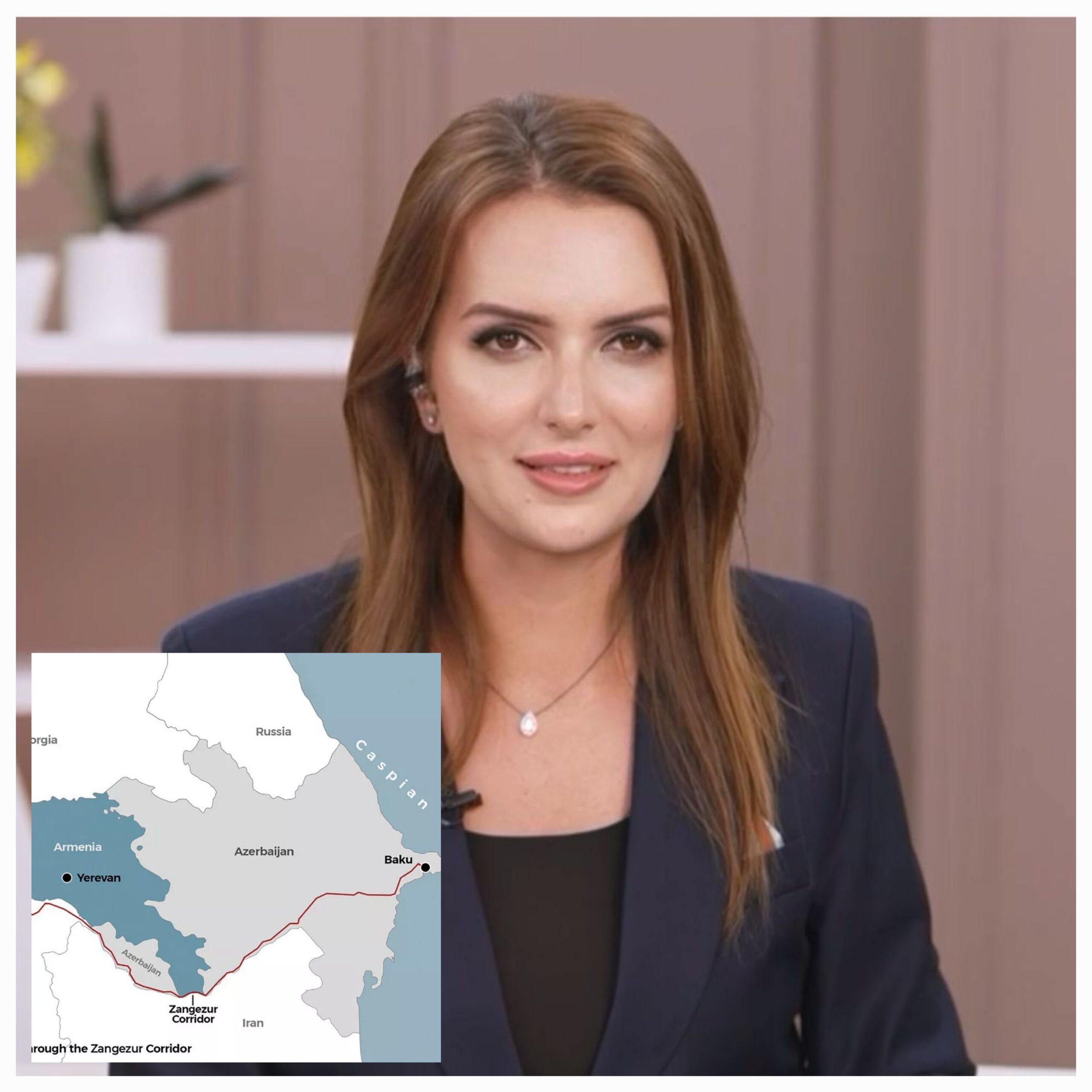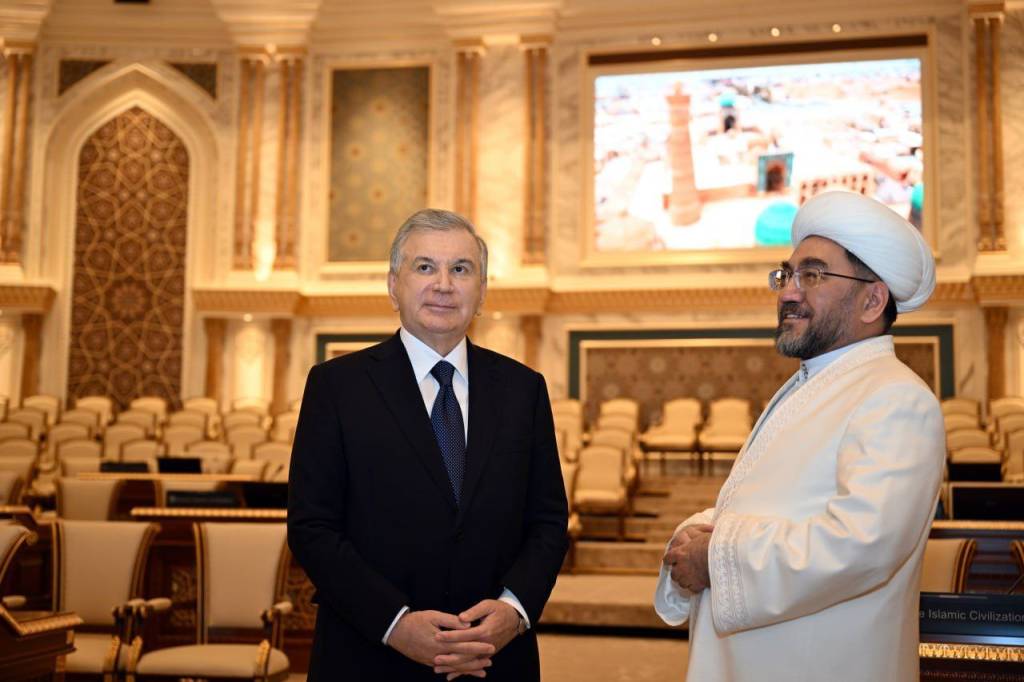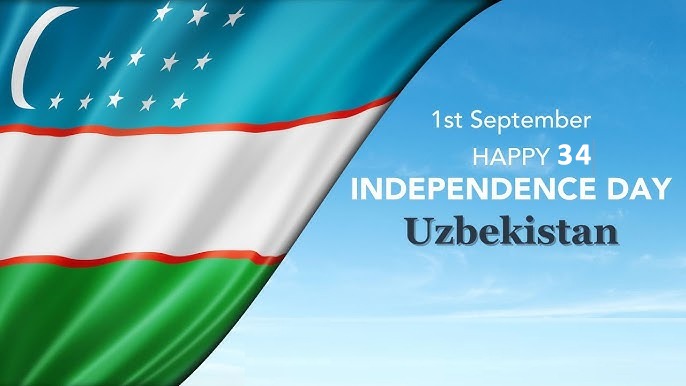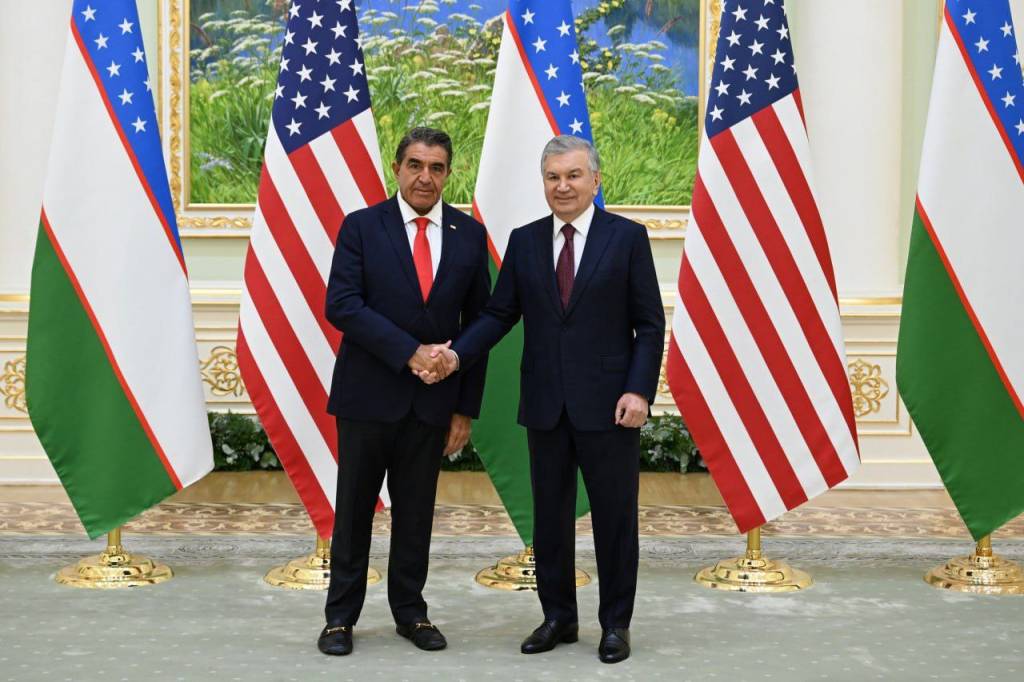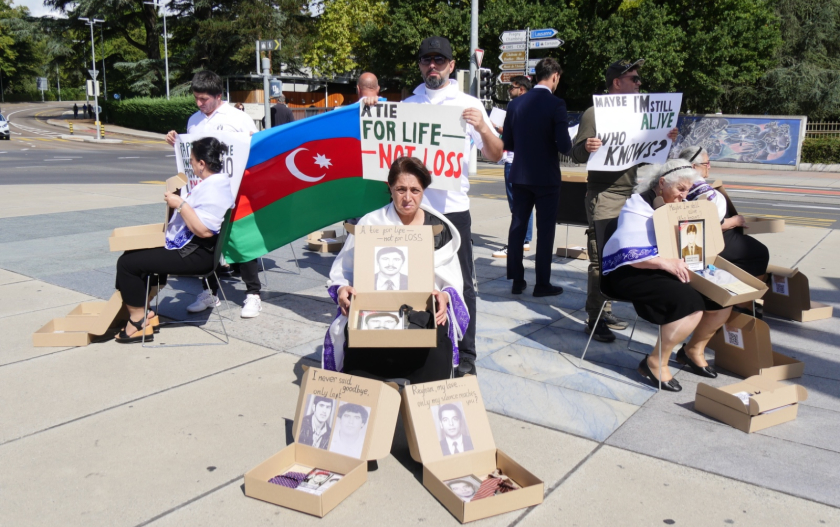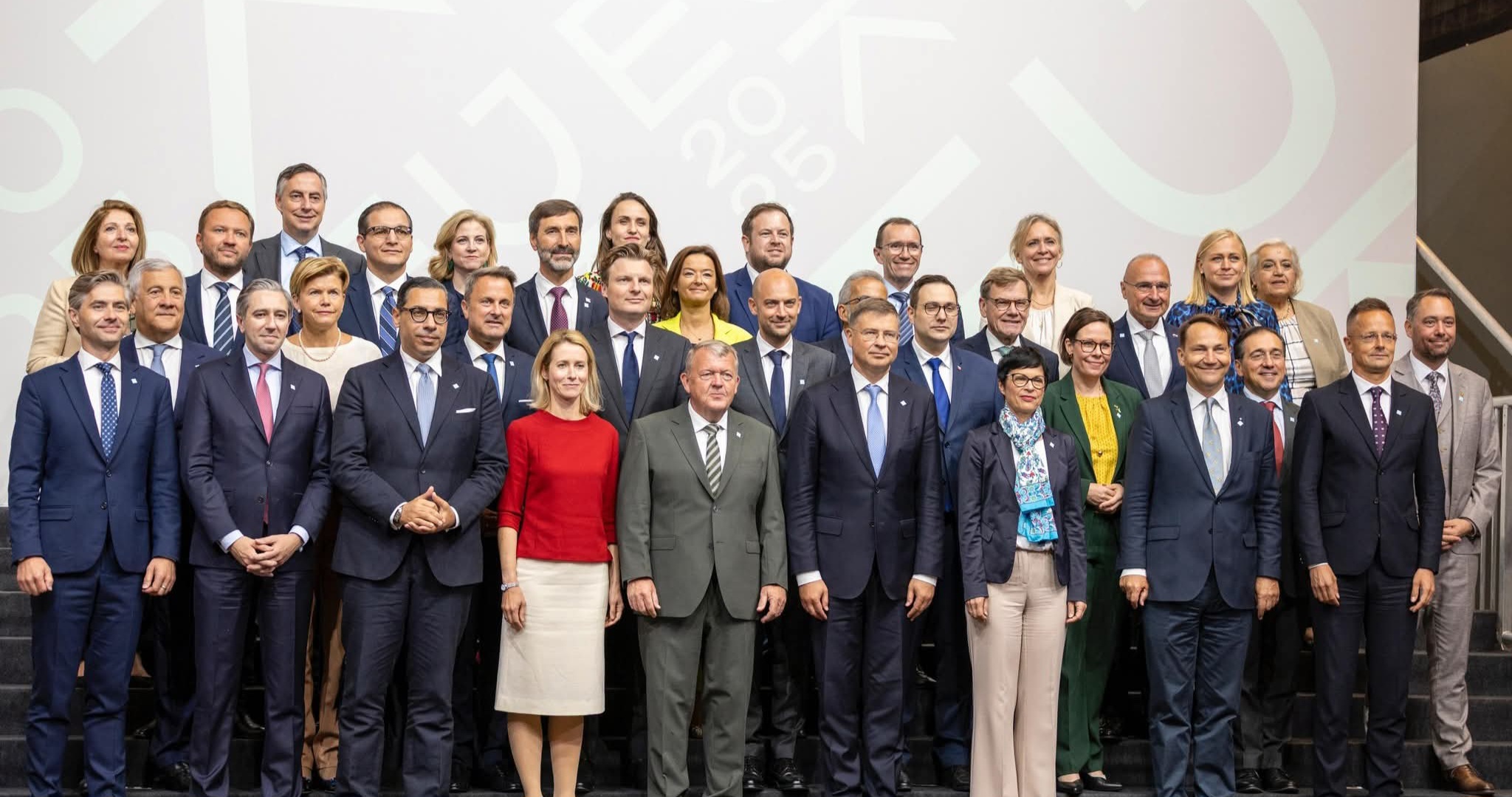Islam Abduganiyevich Karimov (1938–2016), the first President of independent Uzbekistan, occupies a pivotal place in modern Central Asian history not merely as the leader who proclaimed political sovereignty, but as the principal architect of nation-building in the post-Soviet context. Following the collapse of the Soviet Union, Uzbekistan faced profound challenges: political and social vacuums, the risk of ethnic fragmentation, and the urgent need to reconstruct the state apparatus. Karimov’s leadership provided direction in this critical historical moment by combining political independence with the creation of a new national identity and ideological framework. His vision rested on the notion that the “national ideology” was not an optional discourse but a matter of “life and death” for state survival and political legitimacy. For contemporary and future leaders, this illustrates that ideology must be transformed from an abstract principle into a tangible strategy capable of securing social cohesion, stability, and sustainable development.
Nation-building, in Karimov’s approach, was not confined to restoring fragments of the past or uniting disparate communities under a single roof. Rather, it entailed the articulation of a forward-looking vision rooted in cultural continuity and historical memory. History writing became a cornerstone of this process: Soviet historiography based on class struggle was rejected, while historical figures such as Amir Timur, Alisher Navoi, Ulugh Beg, and the Jadid reformers were mobilized as symbols of collective identity. This practice underscores a key lesson for present-day leaders—that historical figures should not merely be commemorated but should serve as enduring sources of inspiration for addressing contemporary challenges.
Equally significant was the symbolic dimension of nation-building. Karimov eliminated the imposed communist insignia and replaced them with a national flag bearing a crescent and stars, a new anthem emphasizing independence, and monuments dedicated to national heroes. Such transformations highlight that a nation’s common values must not remain confined to governmental rhetoric but must be made visible in public spaces, rituals, and the daily lives of its citizens.
Religion, too, was instrumentalized as a unifying force. In a predominantly Muslim society, Karimov carefully balanced religious values with state policy, promoting tolerance and ethical principles while suppressing extremist groups that threatened stability. His approach offers a critical insight: when managed wisely, religion can serve not as a divisive element but as a source of moral strength and social harmony. Conversely, its neglect or suppression risks fueling unrest.
Language policies represented one of the most decisive tools in Karimov’s strategy. Uzbek was declared the official state language, consolidating national consciousness, while provisions were also made to preserve minority languages such as Karakalpak, thereby reinforcing a pluralist model of governance. This balance suggests that future leaders must simultaneously recognize the unifying role of a common national language and the peace-preserving function of linguistic pluralism.
Ultimately, Karimov’s nation-building project not only secured Uzbekistan’s post-independence stability but also provides a replicable model for leaders navigating complex, multi-ethnic, and transitional contexts today. The model rests upon three foundational principles: constructing a national ideology rooted in historical continuity, employing religion and cultural values as integrative instruments, and building a collective identity through language and symbols. Leaders who follow these principles may succeed in consolidating unity, transforming diversity into strength, and ensuring that their societies face the future with confidence and resilience.

